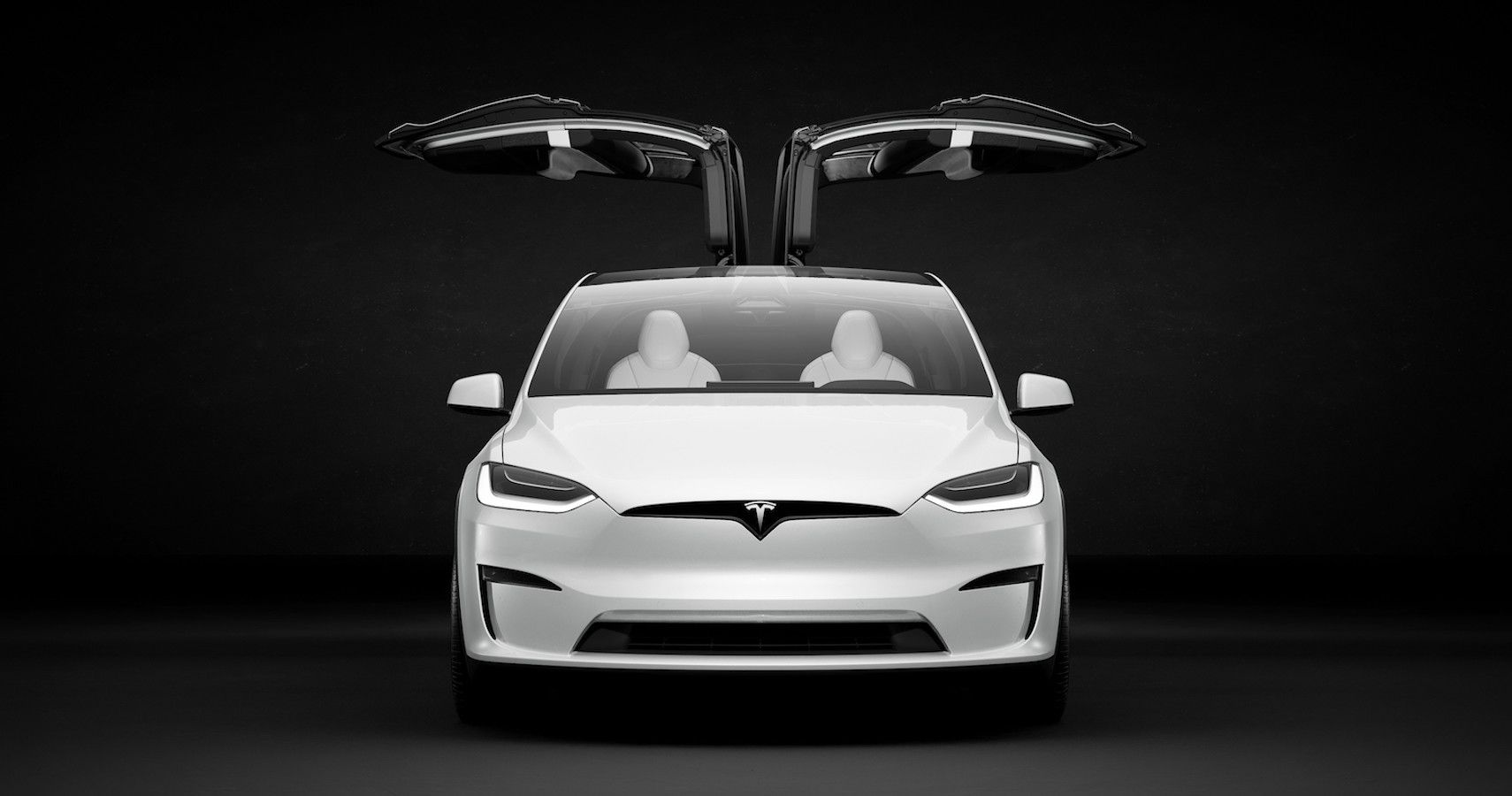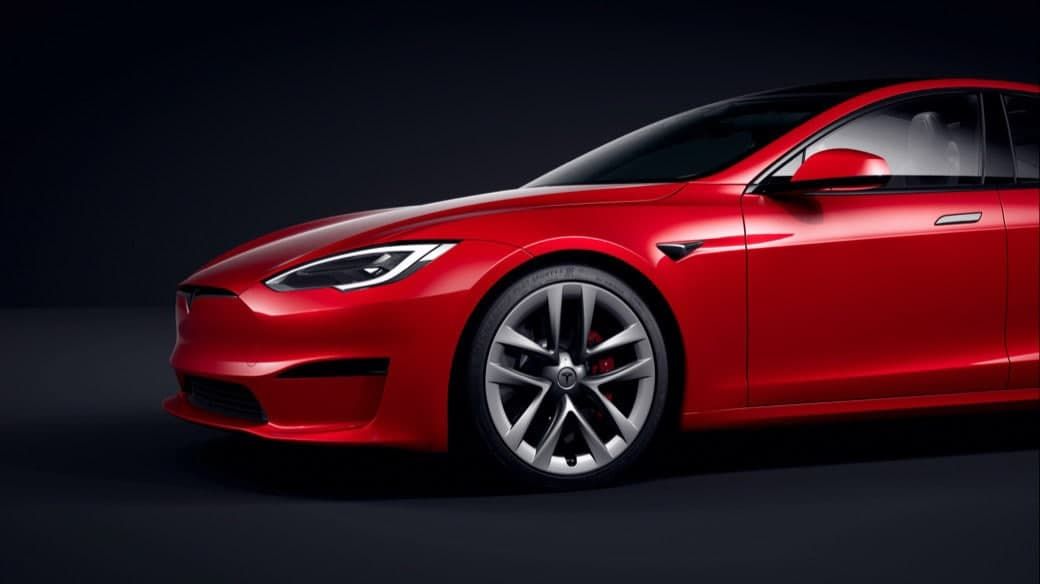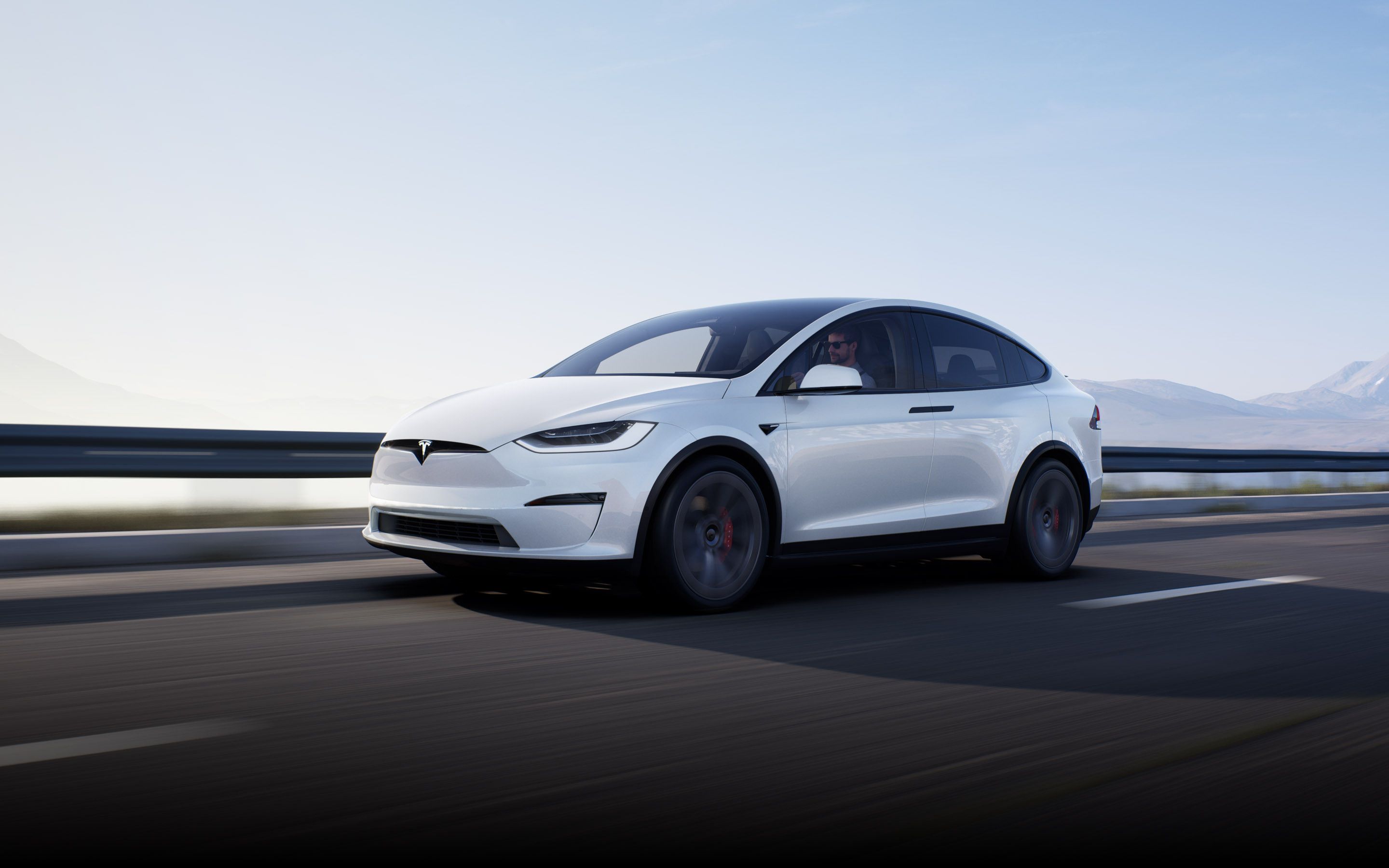In Norway, a court found Tesla guilty of deliberately reducing the charging speed and range of electric cars after a software update. If the automaker does not challenge this decision, it will be obliged to pay compensation in the amount of 136,000 kroner (approximately $16,000) each to the affected owners.
The problem became known back in 2019. Then the owners of the old Tesla Model S and Model X with an 85-kilowatt-hour battery complained en masse that after updating the software, the power reserve of electric cars had sharply decreased.
What Problems Did Tesla Owners Face?
One Tesla owner said that after a software update, his car's range dropped by 11% in five weeks. Prior to this, the rate of decrease in battery capacity was significantly lower. The example is a 2014 Model S, which could travel 247 miles on a single charge before the update, and over the next few weeks after installing the new software, the range dropped to 217 miles. The second problem after the update was the decrease in the speed of the express charging at Supercharger stations.
The company explained that this was done in order to protect the battery and extend its life and assured that the decrease in the range affected a small number of cars. However, this statement did not reassure the owners and they went to court demanding compensation.
Norway Court Made Tesla Pay The Compensations To 30 Electric Car Owners
One of the lawsuits was filed in Norway. Recently, a local court ruled against the company, as it was found that it really reduced the charging speed after the software update. A Norwegian court ordered the automaker to pay 30 electric car owners around $16,000 each.
There are about 10,000 Tesla electric car owners in Norway who could potentially experience the reduced range and long charging times. In addition to compensation, the automaker faces a fine, the amount of which has not yet been determined. At the same time, similar trials are taking place in the United States.
So far, it is known that the problem only affected Model S and Model X cars with an 85 kWh battery. Their production was discontinued in 2016.
Sources: Nettavisen, Tesla



